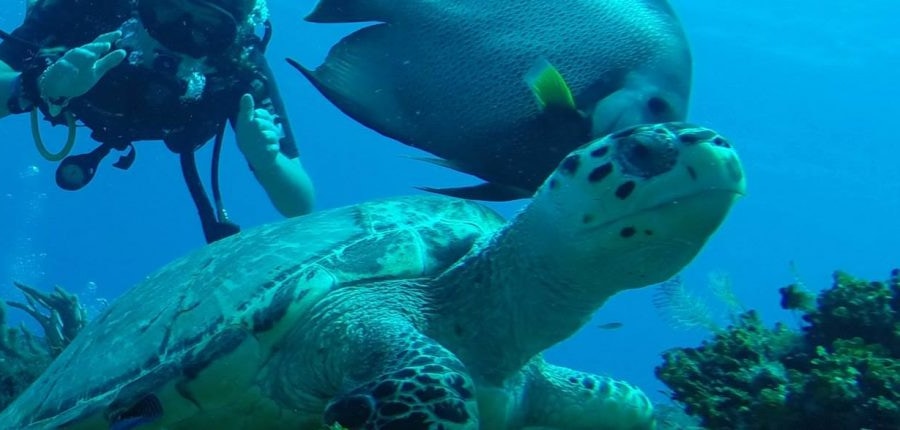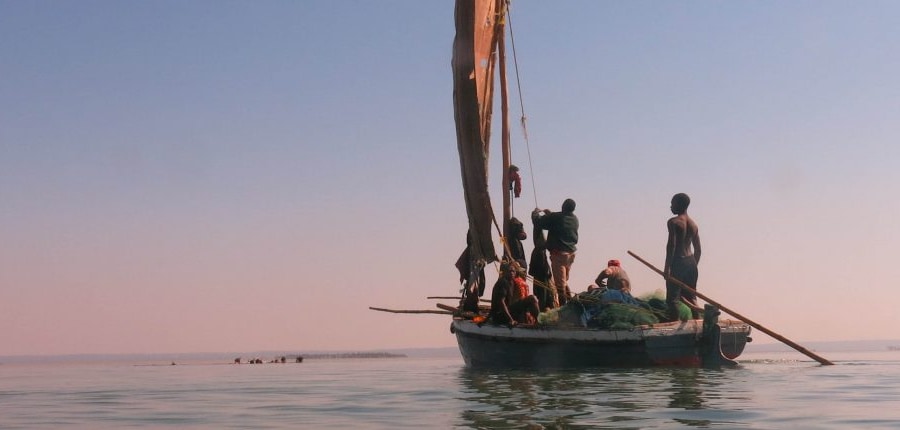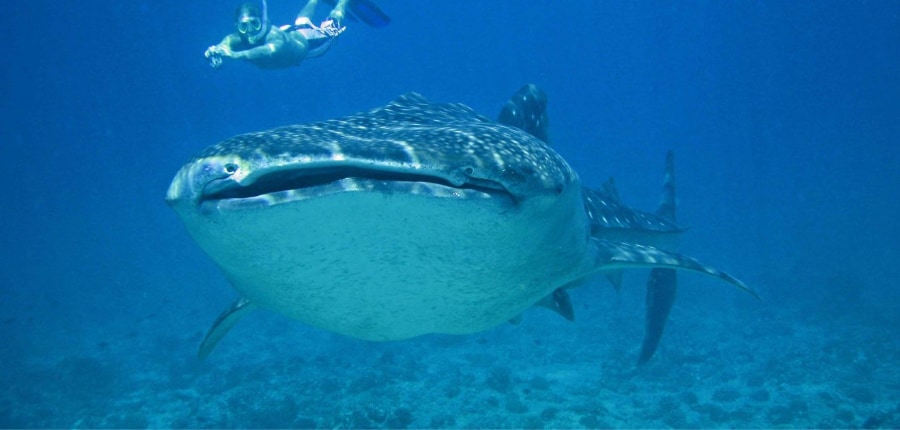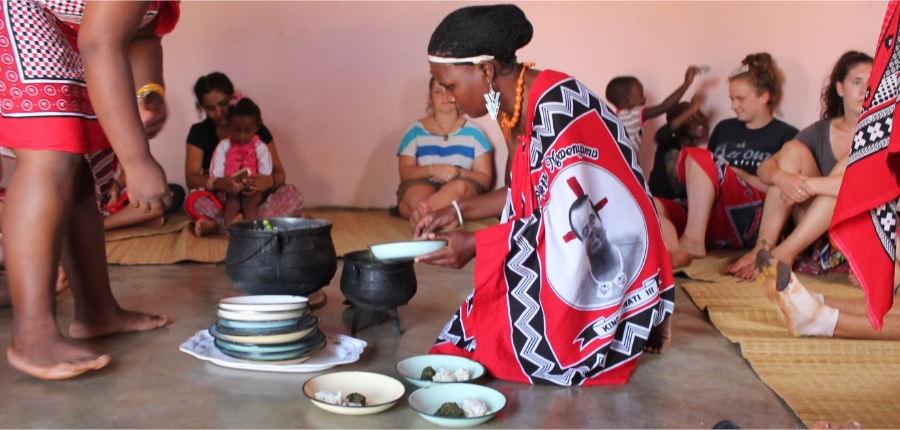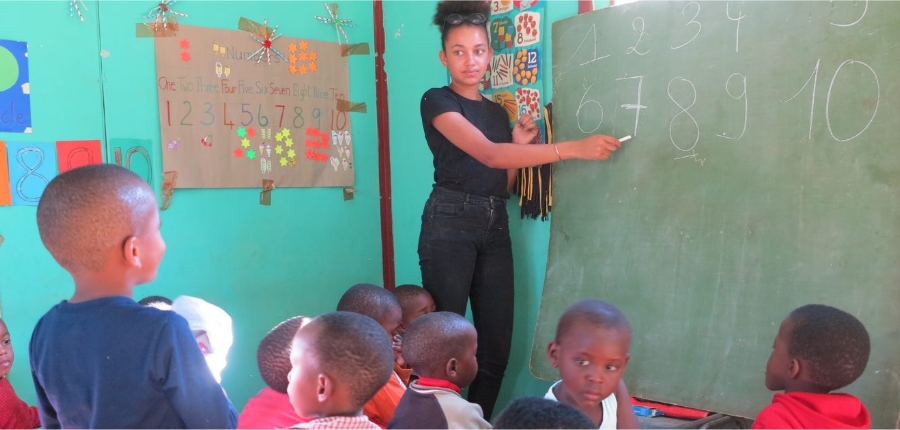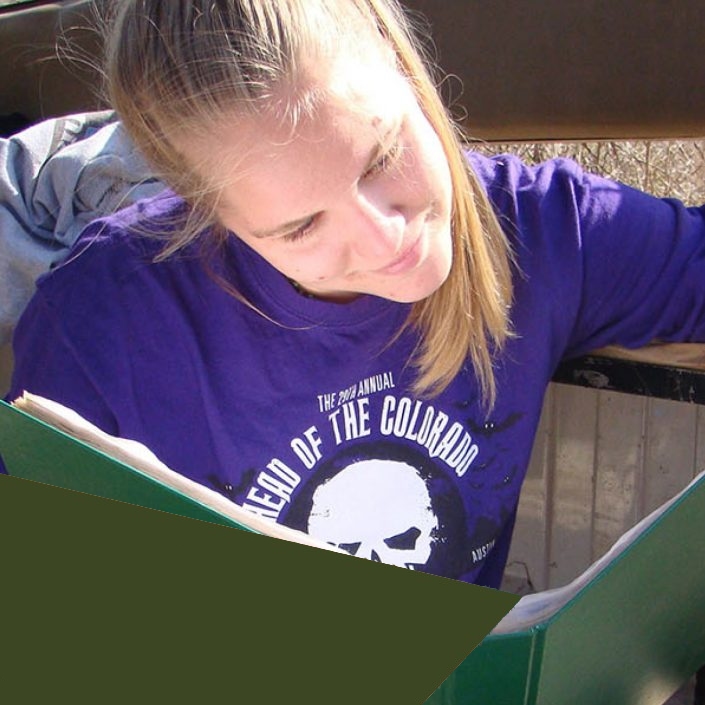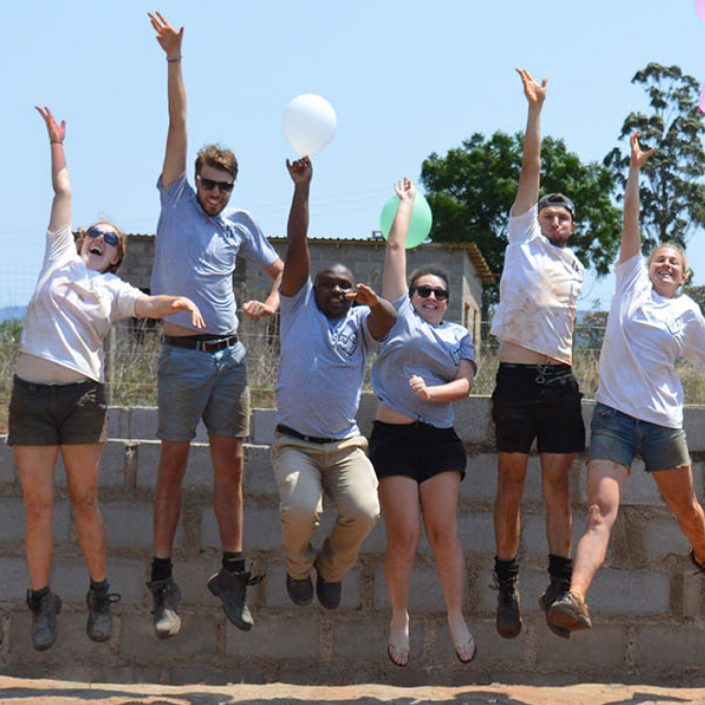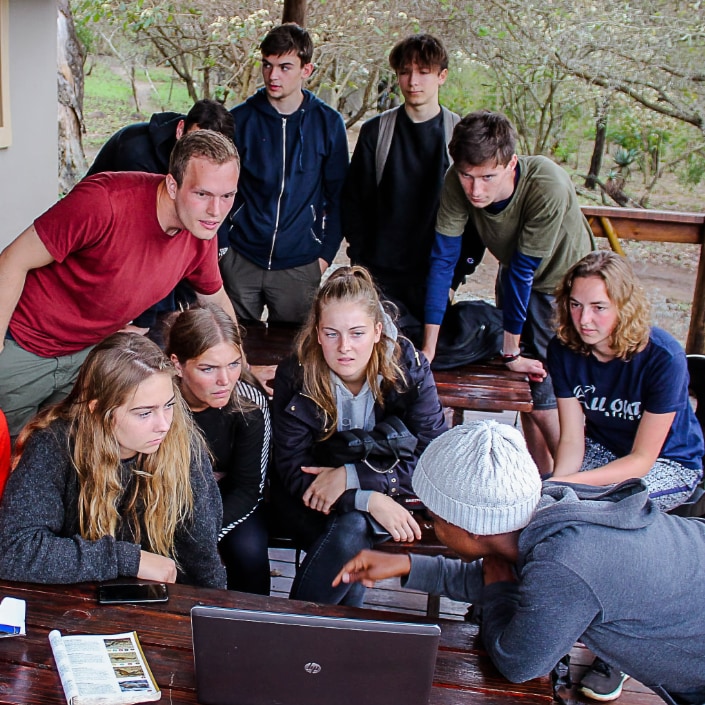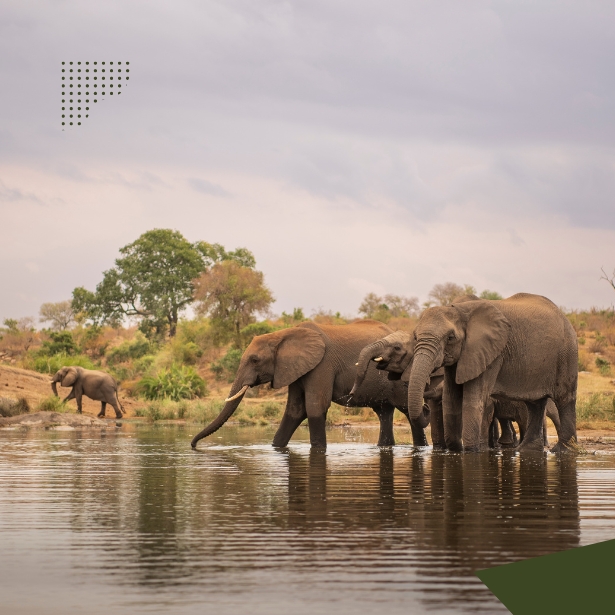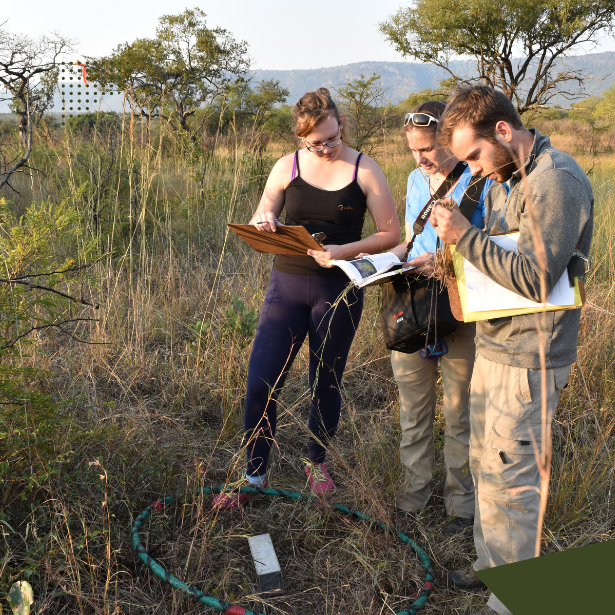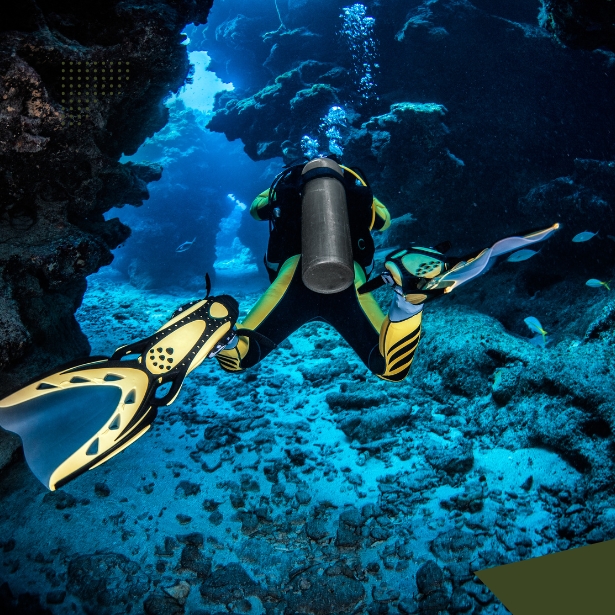SOUTHERN AFRICA TOURS
3 Days
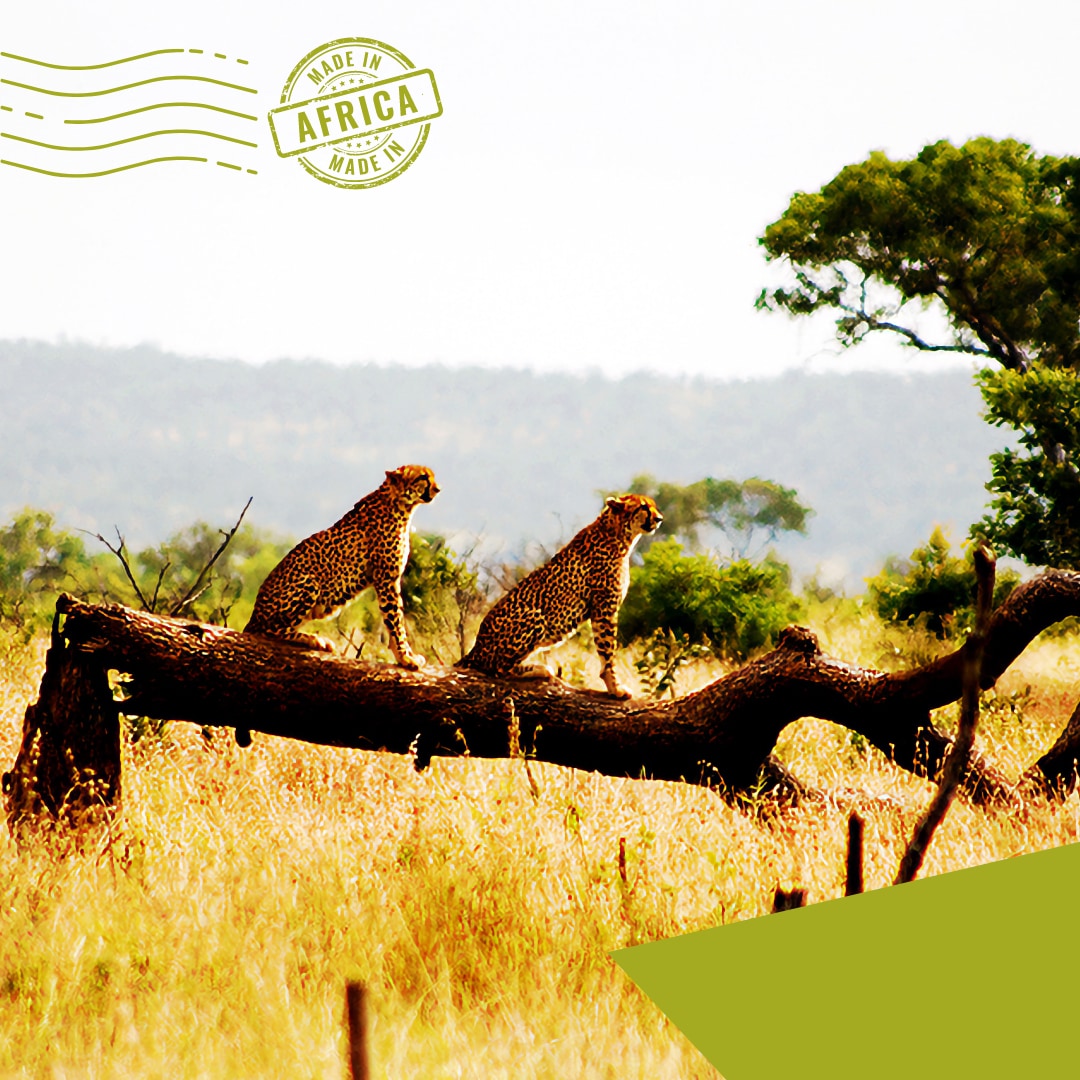
5 Days

14 Days

With or without diving course. Experience the Kruger National Park, Swazi Culture and Mozambique beaches
SOUTHERN AFRICA VOLUNTEER PROJECTS
4 - 12 Weeks

4 - 12 Weeks
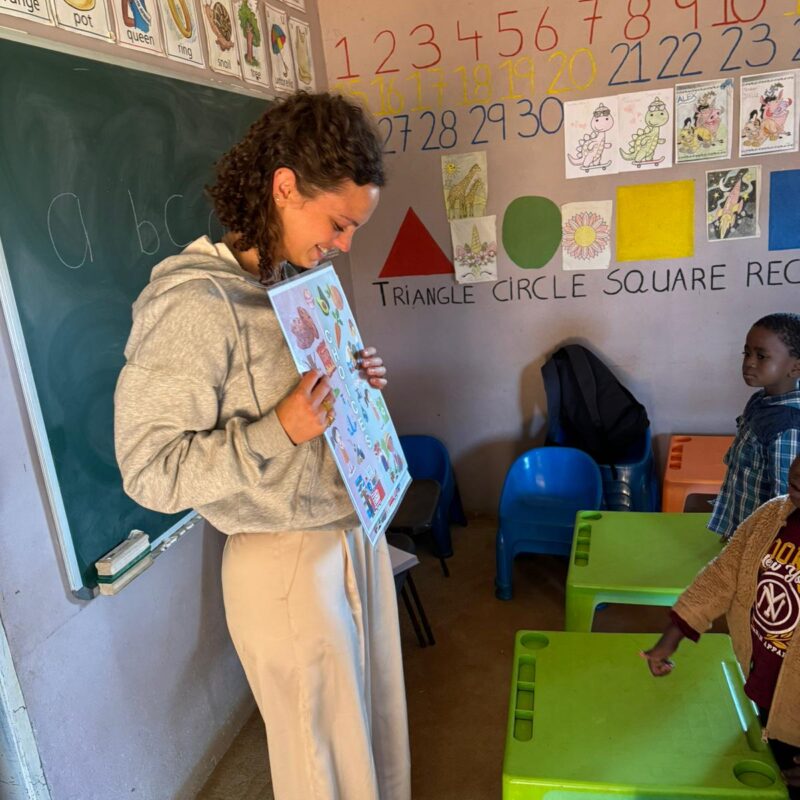
Get into the classroom and pass on your knowledge to our students!
8 - 12 Weeks
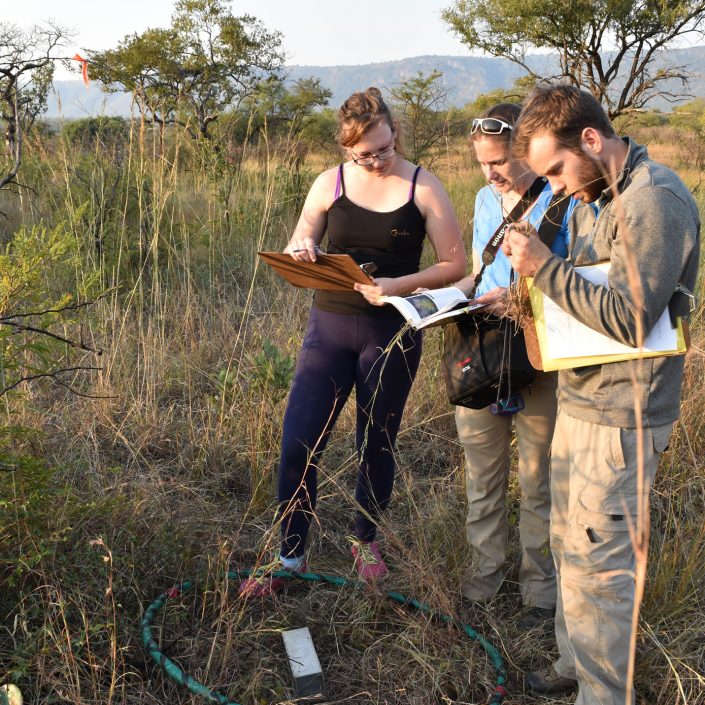
Give back to others, see spectacular sights and cultures and have fun on a life changing experience.
4 - 12 Weeks

Give back to others, see spectacular sights and cultures and have fun on a life changing experience.
OVERVIEW
South Africa, as can be gathered from its name, is the country furthest to the south of the African continent. It is a vast country in terms of land area and has varying plateaus and climates from province to province. It is bounded on the south by 2,798 kilometers of coastline of southern Africa stretching along the Atlantic and Indian Oceans. South Africa is the 25th-largest country in the world by land area, and with close to 53 million people, is the world’s 24th-most populous nation.
Prided as the “Rainbow Nation”, South Africa is a multicultural society and is the only country in the world to have 11 official languages and national anthem using those different languages. Although English is spoken widely in across the country, it is surprisingly ranked as fourth on the list of official languages behind Afrikaans, Zulu and Xhosa.
FUN FACTS
- South Africa is surrounded to the south by two oceans which meet at Cape Point in Cape Town; the South Atlantic and Indian ocean.
- South Africa is the only country in the world to have a multi-lingual nation anthem.
- South Africa has the largest population of Indian people outside of India.
- Prided as the “Rainbow Nation”, South Africa transitioned through its Apartheid history and is embracing its diversity.
- South Africa’s chief exports include corn, diamonds, fruits, gold, metals and minerals, sugar, and wool.
- South Africa is divided into 9 provinces, namely, the Eastern Cape, the Free State, Gauteng, KwaZulu-Natal, Limpopo, Mpumalanga, the Northern Cape, North West, the Western Cape.
- South Africa’s capital is Pretoria.
Due to the South Africa being a multi-ethnic country, there is no one single staple dish, but rather many.
Although maize is a widespread food amongst the population and every South African loves a braai (barbequed meat)!
- Location: Southern Africa
- Area: 17,363 sq km
- Climate: Varies from tropical to near temperate
- Population: 48.8 million (2012 estimate)
- Ethnic: African 79.6%, Whites 9.1%, Coloureds 8.9% Asian 2.5%
- Religion: Christianity 73.52% African traditional religion 15%, Islam 1.45% Hinduism 1.25%
- Language: English (official, government business conducted in English), Afrikaans, IsiNdebele, IsiXhosa, IsiZulu, Sepedi, Sesotho, Setswana, SiSwati, Tshivenda, Xitsonga
- Capital: Pretoria
- Currency: Rand (ZAR)
Culture and History
South Africa is emerging as a rainbow nation from its apartheid past. The country boasts some of the world’s most exciting attractions ranging from natural scenery, beaches and wildlife to bustling cities rich in cultural diversity. Cape Town is known as the “mother city” and encapsulates much of the diversity South Africa is famous for. It is steeped in history but is also one of the world’s most beautiful cities. With its dramatic mountain backdrops and white sand beaches with an amazing diversity of cultures and associated urban life, it is hard to beat.
In 1990 President Frederik Willem de Klerk began negotiations to end apartheid, culminating in multi-racial democratic elections in 1994, won by the African National Congress (ANC) under Nelson Mandela. Since the ruling African National Congress (ANC) has strived to overcome the historic segregation and create unified national loyalties on the basis of equal rights and access to amenities for all.
Museums and exhibits dedicated to explaining the history and steps taken to unify South Africa can be found across the country. Must-visit exhibitions are the Apartheid Museum in Johannesburg and Robben Island (where Nelson Mandela and other political prisoners were held) in Cape Town.
Although once ravaged by the apartheid regime, South Africa is a young nation in its current form; has fast become a melting pot of cultures and has moved towards international acclaim for its diversity and beauty.
South African Weather
The weather in South Africa varies depending on the season and the province you find yourself in – it can be very hot and quite cold and all the temperatures in between! So please pack considering the guidelines below – anything from swim wear to hoodies may be required!
The South African summer is opposite to the northern hemisphere, with hot temperatures being experienced in December and colder temperatures in July.
The weather varies across the different regions and geographical locations in South Africa. The weather information below applies to Cape Town, where the All Out Africa office and projects are located.
- Summer is from November to March – generally it is hot with little rain
- Spring and Autumn are from April to May and September and October – the weather in the day is warm, with cooler evenings and some rainfall
- Winter is from June to August and the weather is cooler, evenings can be quite cold and there is more rainfall
Generally some rain, sunshine and wind are expected throughout the seasons.
LEARNING EXPERIENCES
Internships, educational tours and service learning to grow your capacity on programs that really matter in southern Africa. Chose from one of our four types of learning experiences to start your journey.

